It took me fifteen years to discover I had no talent for writing, but I couldn’t give it up because by that time I was too famous. As a writer, ideas should be coming to you from everywhere.
Scenes, characters, situations that people find themselves in. You should be seeing these things on a regular basis, and writing them down. And if that scene, character, and situation is something that holds your interest. That is when you should consider expanding it, and developing it in to a story. You may well ask, where do I find such ideas? If you are a writer, you shouldn't really be asking this question. Read books, comics, novels, poetry, magazines, news articles in papers, the internet. When you overhear a conversation, or while in a conversation. Something may well spark that light-bulb. Watch movies, TV shows. Ideas are all around you. That's why should carry a little notepad around with you in order to write them down, and if they stick with you, you'll probably end up using them in a story. You see something that interests you while out walking. A burned out car, a battered bike. A homeless guy carrying some bedding. There are endless ideas for stories everywhere. Maybe you look up at the sky one night and see a meteor shower, or flickering lights. What are they? Where are they going? Is there an idea (concept) here for a workable story? The hard part is figuring out which of these ideas and concepts is workable. Some ideas just aren't workable, while many are. If you really are a writer, this is not the question you should be asking. There are no shortcuts. Best of luck with finding those allusive ideas. I wrote this way back on the 14th February 2012 for Trigger Street Labs, after I was awarded reviewer of the month.
Random thoughts on my review process. I've been asked to write a few words on my review process, so here goes. Not sure how much more I can add that hasn't been said. But I'll give it a try. Before I start a review, I'll usually copy and paste the title, log line, genre, length of the piece into my word processor before I start making notes. I'll make notes in my word processor as I read. First thing I look at is the page length of the piece and how that corresponds to the genre. Usually the page count can be an indicator of problems, especially if it's heading past the 120 mark. Not always, but usually. The process I go through can vary, sometimes I'll read the first five, ten pages and make notes on them first. Personally I think those opening pages are extremely important. As a writer, I really believe that your main hurdle is the reader. They are the gate keepers, if you can crack those first ten, fifteen pages and draw the reader in, then you have a good chance of keeping them glued to their seats and reading your piece all the way to the end. Other times I'll jump straight in and make page by page notes all the way to the end. Not every page, but as many as possible. I'll try and give examples of things that didn't sit well with me. Perhaps a slugline, action or description could be better written. An action or piece of dialogue that could be better conveyed to the reader. I'll try and show the writer possible ways of doing it. Maybe it's right, maybe it's wrong. But at least by doing so, it's been brought to the attention of the writer. I'll try and point out spelling mistakes if I can and where they are. That's one of the good things about getting feedback. As a writer, you can get extremely close to your work and fail to see the wood for the trees. So having someone else read through it and point out mistakes and problems with it is extremely valuable. Such as plot holes, underdeveloped characters, too many characters etc. Sometimes I'll give myself a challenge and review a very long screenplay. I won't however do this all at once. I'll look at the page length and then I'll divide it into blocks. So if I'm short on time, and I have a 120 page screenplay or more. I'll read through blocks of 30 pages and make notes and so on, until I'm finished. That way, you're not rushing through it. When getting feedback from people, I really appreciate the following:
If while reading I come across these types of things and others, I'll make a note of it. I remember I had a very useful review from someone who suggested I take the last Act of one of my screenplays and use it as the first Act as the first two acts were pretty darn slow. Hopefully I'll get around to rewriting that one at some point. To sum up. I make notes as I read, referencing page numbers and then I try and sum up the best I can what worked and what didn't work at the end. The one thing I've noticed, is that I'm quite harsh when it comes to reviewing. I don't do this to be mean as I normally spend a good 3, 4, and on occasions 5 hours reading and writing up my reviews. I hope the above is useful to some degree. As someone who writes myself, you have to remember as a writer that you're in charge of the world that you're creating on the page. It's up to you as to what you use and discard. However, if you have several people pointing out the same things, which is something I tend to look for in reviews of my own work. Then there's probably a problem that needs addressing. Keep writing! N.B. I think that reading and doing reviews is one of the best ways to learn about the writing process. As well as the actual writing! Hope that makes sense. Write, write, write. There’s no magic formula for writing a great script. Trigger Street Labs is shutting down after twelve years of service. An extremely well managed resource where writers could upload their work for feedback and notes, and, at the same time, showcase their projects.
Everything that I've come to understand about the process of screenwriting, from the initial idea, right through to a finished project has been learned on Trigger Street Labs. I've read a few books on the subject along the way, but nothing as valuable as learning to give constructive, and structured feedback and notes on projects. Reading screenplays, whether amateur, or professional is a great way to learn about your own writing. It's a great loss to the screenwriting community. But not all is lost. There are three or four avenues out there where you can go. Probably a few more. But these will keep you occupied. Done Deal Pro Forum You can discuss all things screenwriting here. Free forum, paid membership. Talentville Much like Trigger Street Labs, you can upload work for feedback and notes, once you've given notes on projects, and collected enough dollars. It's also a place where you can showcase your work. Free, and paid memberships. A link to join up is below. www.talentville.com?ref=7436817e The Black List While a great resource for screenwriters, I would advise against using it until you've work-shopped your script, and gotten feedback and notes on it, and made it the best it can be. Uploading a first draft to the Black List isn't going to do you any favors. You want to give yourself the best opportunity, and not squander it. Unless of course, money is no object. Russell's Screenwriting Forum I've created a small forum here. It's nothing fancy, but it's easily accessible and easy to use, I think. If it doesn't get any bites or interest, by the end of January, I'll remove it. Feel free to use it for feedback and notes. And anything writing related. I don’t care if a reader hates one of my stories, just as long as he finishes the book. The 2014 Blood List is out. The first one sounds Very Interesting. BIRD BOX by Eric Heisserer Logline:
A woman tries to lead her children to safety after the world is invaded by monsters who turn you insane upon sight. |
Welcome to Russell’s website. A storyteller who enjoys writing screenplays for movies. Even though the process is hard. It keeps his imagination working overtime.
Categories
All
Blog Archives
March 2021
Take a Look
WCMartell
John August Wordplay Craig Mazin Done Deal Pro Movie Bytes London Screenwriters' Festival Screenwriting from Iowa Bang2Write Chris Jones Blog Go Into The Story UK Scriptwriters Nerdist Writer's Panel Deadline The Bitter Script Reader ScreenwritingU Screenplay.com Corey Mandell The Hollywood Reporter Variety WGAW U.S. Copyright Office Inside Film Magazine Screen International Scriptchat Save the Cat The Black List Writers & their Blogs
The Scriptwriter
David Sartof Scripting Life Bamboo Killers Selling Your Screenplay Script Doctor Eric Geoff La Tulippe |
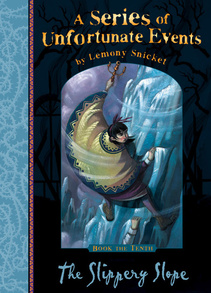
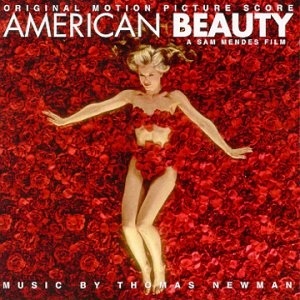
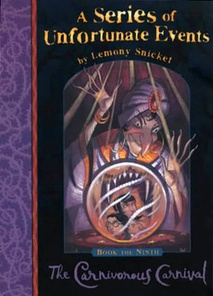
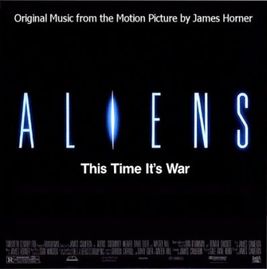
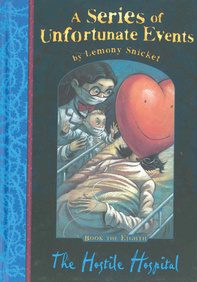
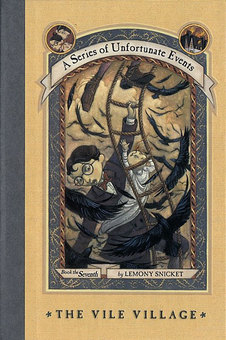

 RSS Feed
RSS Feed
